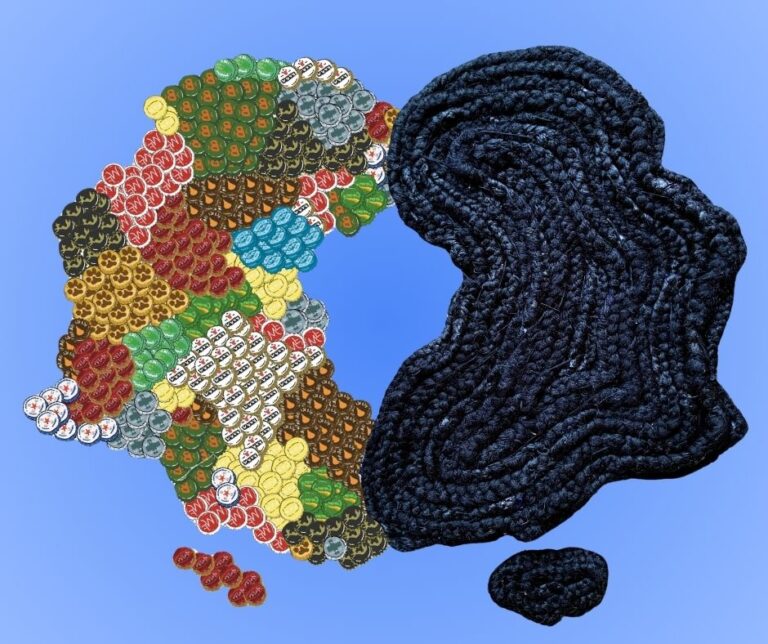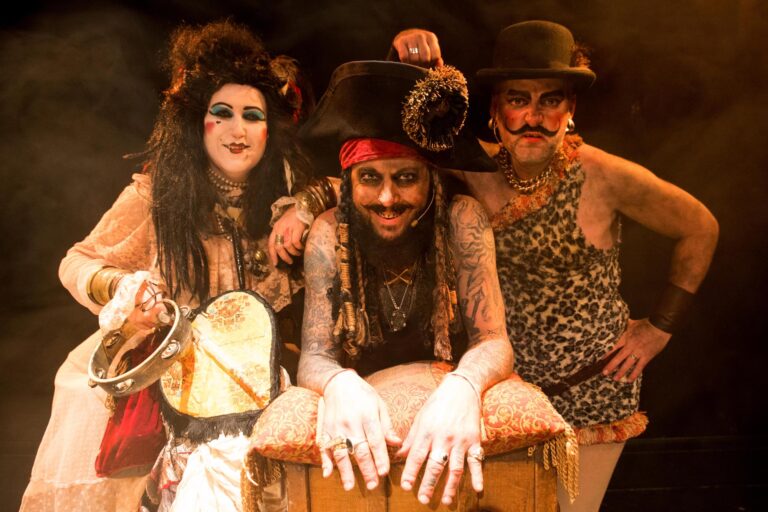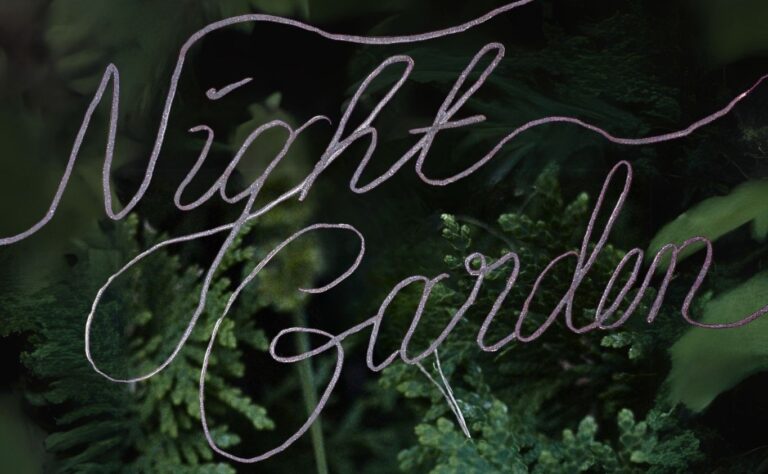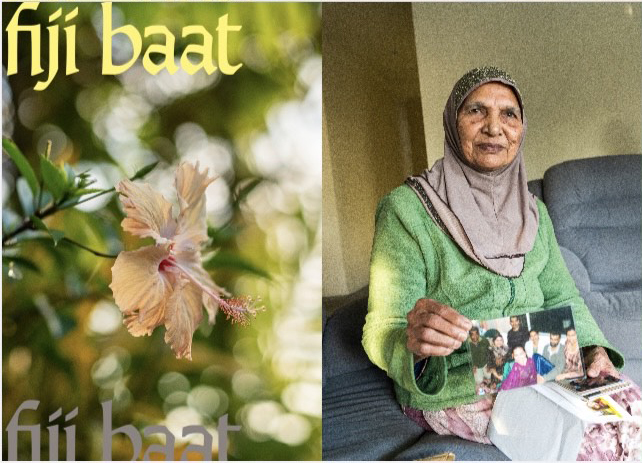
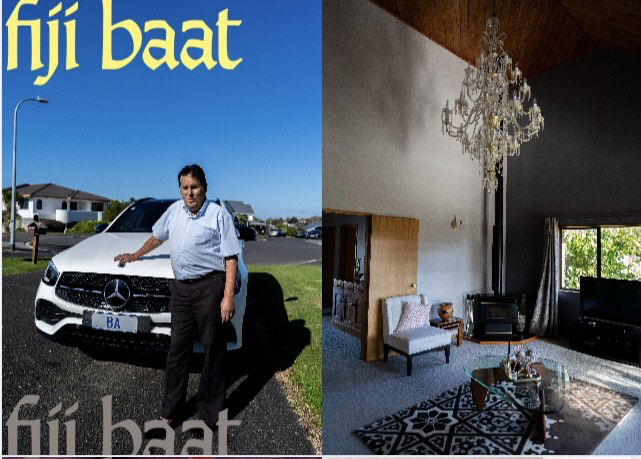
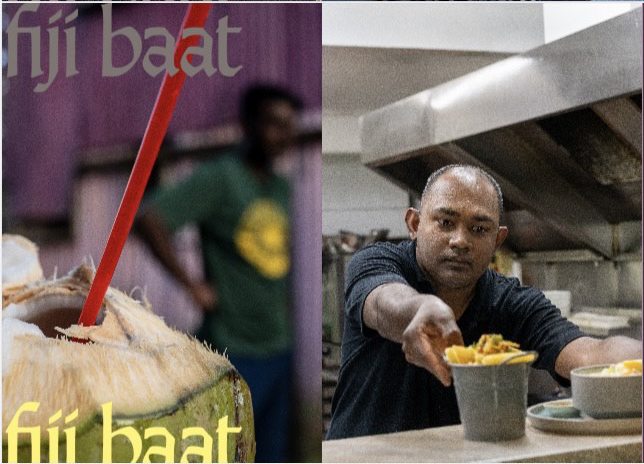
Fiji Baat
Fiji Baat translates to ‘Fiji talk’ or the language Fiji Hindi. This photographic series will share stories of Indo-Fijians in the Whau area who migrated to New Zealand amidst decades of political upheaval, providing insight into their lives today. The project is a collaboration between Sahar Lone, Edith Amituanai and Ralph Brown.
Image credit: Nikhat Shameem’s place, 2023. Courtesy of Edith Amituanai.
Sahar Lone is the project lead, writer, and researcher. With 15 years’ experience in the arts, strategic communications, and programming houses, Sahar has supported numerous leading arts organisations in creating new ways of working with indigenous, migrant, and refugee communities. Her commitment to amplifying underserved voices began with her work on the country’s first Asian affairs show on commercial radio. Sahar is passionate about storytelling that celebrates the rich cultural fabric of Aotearoa. More recently, she has worked with large public and private organisations across Australasia to strengthen their communications strategies.
Edith Amituanai MNZM is the Photographic artist, and second camera. Edith is a photographer, part-time arts manager for a public gallery, and teaching artist based in Ranui. Her artwork is held in national collections including Auckland Art Gallery Toi o Tāmaki, Museum of New Zealand, Te Papa Tongarewa, and Govett-Brewster Art Gallery. The New Zealand born Samoan artist’s practice is concerned with the environments that shape who we are and she has a keen interest in working on projects across the Pacific. In 2024, Edith was awarded the Pacific Contemporary Artist Award by Creative New Zealand.
Ralph Brown is a stills and moving image photographer with a decade of experience in Tāmaki Makaurau’s arts and creative sectors. Formerly a photography and moving image technician at MIT’s Faculty of Creative Arts in Ōtara, Ralph has ties with Pacific and Indigenous artists and collectives, including Edith Amituanai, Yuki Kihara, Tanu Gago, and Pati Tyrell (FAFSWAG collective). His personal projects explore migrant identity within colonial contexts, including a current focus on the legacy of his grandmother, Katrine Loughnan, a Section Officer with NZ.W.A.A.F stationed in Fiji during WWII.
